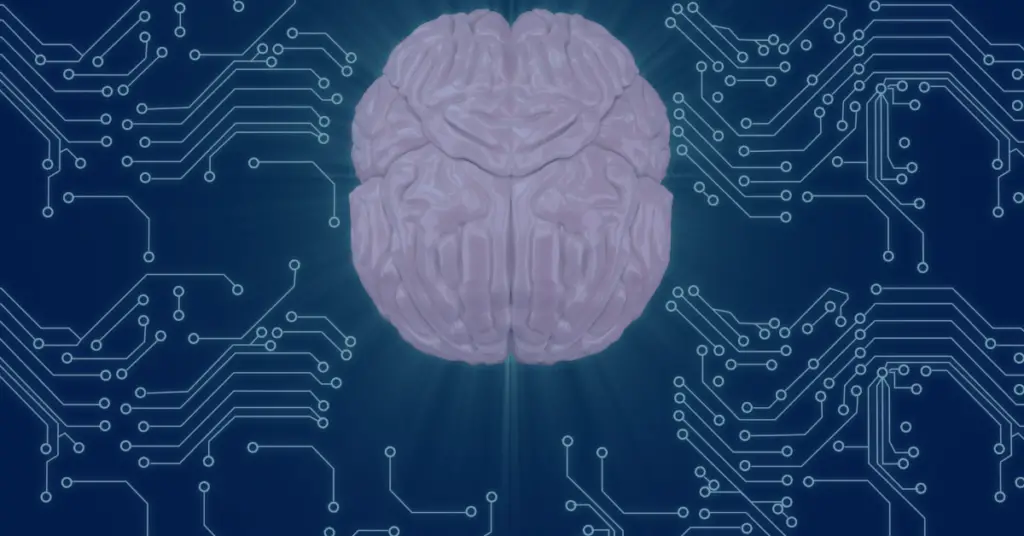Artificial Intelligence (AI) is moving forward fast and could change a lot of things in our lives. But, along with its upsides, there are also some things it can’t do well that we need to think about…
A few of these limitations include dependency on data, black box problems, not having common sense, being unclear, not having any physical body, efficiency problems, taking jobs away, lacking creativity and emotion, and worrying about safety and ethics.
These drawbacks could slow down how well AI systems work and limit where we can use them, like making decisions, healthcare, transport, and finance.
So, it’s key to get a handle on these limitations to really make the most of AI.
And as the saying goes like “Before curing the disease we must know what the disease is”. For that let me tell you the 10 biggest limitations of AI in 2024 which are keeping us ahead of it (Just Yet).
Data Quality – “you get what you give”
Suppose you’re trying to learn a new language, but all you’re given are shopping lists. That’s similar to how AI functions. It relies on data, and the quality of that data is key.
And if there are biases in the data, it can lead to biased AI decisions, like when a resume-screening AI accidentally filters out qualified candidates because of their names.
According to a study by McKinsey, 80% of AI projects fail due to data quality issues. It’s a serious problem, and it shows us an area where we need to do better.
Can AI be explained?
Lots of AI systems are like super complicated black boxes. They take in info and give out answers, but figuring out why they chose a certain answer can be tough.
This makes it really hard to completely rely on AI, especially for big things like medical diagnoses or legal decisions.
Scientists are working on Explainable AI (XAI) to clarify these processes.
Lack of common sense
We know that in 2024 AI is good at several jobs, but it still doesn’t understand real-life situations like we do.
Suppose, you show AI traffic camera footage, it might not get how crazy a busy intersection can be, with people walking everywhere and drivers not following the rules.
So, AI can have a hard time dealing with surprises or difficult situations.
Lack of creativity
At present time AI can write different text forms, such as stories, articles, poems, or code, but it usually lacks real originality.
As it mixes up previous existing ideas on the web instead of inventing completely new ones as per our needs.
That is because we (humans) link together different unrelated ideas, which AI doesn’t know at all, at least for now.
Trapped inside the machine
Lots of AI is just software, with no physical form. This makes it hard for AI to do much in the real world.
Think of a robot chef who can follow a recipe perfectly but can’t crack an egg or adjust the heat right.
Without a body, AI can’t do a lot of things in the real world.
Lack of knowledge about physical world
Talking about AI that can “see” through cameras often finds it hard to understand how objects work in real life.
This makes things like picking up something delicate or using tools very hard.
Just think about a robotic arm trying to fold a fitted sheet – the creases and delicate fabric would probably confuse the AI.
Harming the environment
Training advanced AI models needs loads of computing power, and that can use up a ton of energy.
According to a study in Nature, training one big language model can make as much carbon emissions as five cars in their lifetime!
It’s super important to find better ways to train AI for it to grow sustainably.
Struggles in making ethical decisions
We can surely train AI to follow ethical guidelines, but it can’t get the moral qualities as we have.
Suppose, an AI in a self-driving car might have to choose between risking harm to a pedestrian or a passenger.
And teaching AI to think ethically is a challenging issue that philosophers and AI experts are actively tackling.
Might take away your job
Many workers in the present time worry about AI automating their jobs. We know that it might replace some jobs but it will also likely to make new ones.
The key is to figure out how we and AI can team up, using the best of both worlds.
As we (humans) are great at being creative, solving problems, and understanding social stuff, on the other side AI is awesome at crunching data, doing repetitive stuff, and following exact instructions.
A very long way to go
Do you remember the concept of a technological singularity, where AI becomes smarter than humans, I know it is a common theme in sci-fi.
But many experts think it’s not happening anytime soon.
As our brain is super complex, and real artificial general intelligence (AGI) – the kind that can do everything humans can – might still be a long way off, maybe even decades or centuries.
Last words from my side
There’s so much to be excited about in AI. With new stuff popping up all the time, AI is already doing great things in lots of areas. If you’re into AI and want to keep in the loop with the latest updates, that’s where Creativesthan comes in handy.
As I provide blog posts that are easy to understand and informative, simplifying complicated AI ideas. And you’ll also discover interesting articles covering a range of AI tools and topics, from the latest research to real-life uses.
AI is really interesting, and even though it’s not taking over everything yet, it’s on a cool path. What challenges do you think will be the hardest to deal with? Let me know in the comment section!
